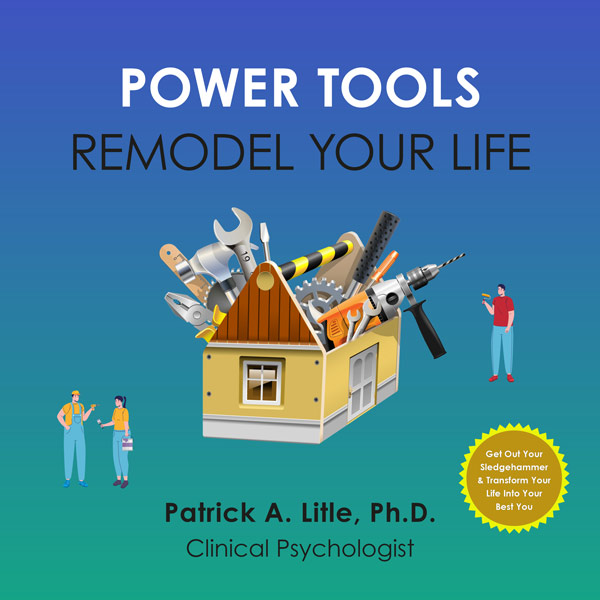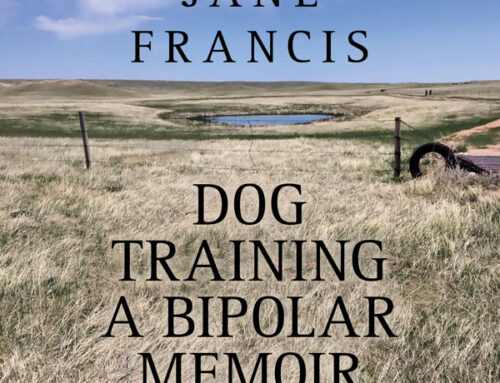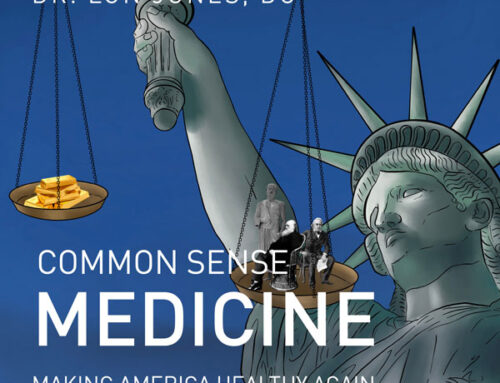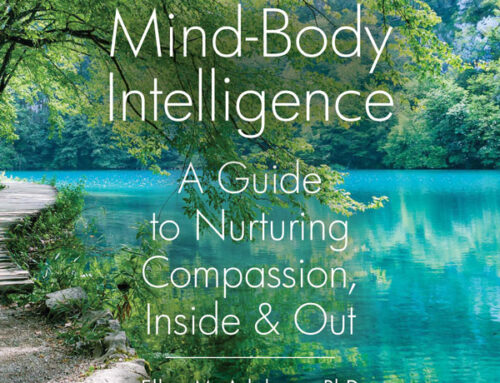
About the Book
Power Tools draws on the similarities and differences between personal growth and fixing up a house. First, decide what you want in your life, then develop a timeline to achieve the goals you have chosen. The detailed plans in each area include lighting and light as a life force, nervous system and emotions, cardiovascular and stress response, dermatology and personal security, gastrointestinal and dietary issues, internal medicine & and orthopedic pain and exercise, muscles and conditioning, osteopathy and movement, mindfulness, and relationships. Each of these areas are related to parts of a house. Then develop your final plan, choose your team, remove obstacles that may block your progress, and do the work. Once you achieve your goals: maintain and celebrate.
Benefits:
- How to develop a set of goals and a timeline
- Real life examples and personal anecdotes of concepts being presented
- Which important areas in your life to consider making changes
- Choosing a support team
- Suggested exercises to practice new tools
- Doing the work
- Celebrating your success
Endorsements:
“If you are seeking a guide for your internal remodeling project, this book offers a treasure trove of a toolbox filled with suggestions, ideas, skills, and tools to help build an emotionally and physically healthier and more resilient mind and body.” ~Jodie Skillicorn, DO Holistic Psychiatrist and author of Healing Depression without Medication
“POWER TOOLS clearly illustrates how you can properly plan and perform a remodel of your emotional life, and do it right.” ~Jim Mollinelli, Architect and Contractor and author of Remodel Your Kitchen Without Going Bonkers or Broke
 About the Author
About the Author
Patrick Litle is a retired clinical psychologist. After a circuitous career path, which included a 4-year stint in the US Navy, he landed as a clinical psychologist with the Department of Veterans Affairs, where he served for 35 years until his retirement. He received his Ph.D. in Clinical Psychology from the University of Delaware. His long-term career interests included psychophysiology, trauma therapy, and energy psychology. He has been developing his skills as a photographer since retirement, as shown by a number of his photographs throughout the book. He resides with his wife in Delaware. www.patricklitle.com





Leave A Comment